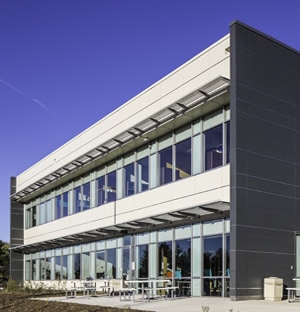The Public-Private Education and Infrastructure Act of 2002 (PPEA) was designed to bring private sector expertise to bear on public projects—saving time and money. The statute created a way for the public and private sectors to work together as partners, to better meet the needs of both parties. Since that time, the legislation has proven very successful, and Virginia is a model for other states seeking to enact similar legislation.
Through this public-private-partnership delivery model, the private sector can submit unsolicited proposals to any agency, institution, or locality in the Commonwealth.
The public and private sectors have been quick to recognize the win-win potential of a P3 project. Not only does it streamline procurement by removing the lengthy bidding process (while still inviting competition), it also enables public facilities to be designed, developed and placed into service more efficiently—much as they would be in the private sector.
In comparison to traditional procurement and delivery methods, a public-private partnership may offer more financing flexibility, lower project costs, a quicker project schedule and/or a more collaborative process with a design-build option.
If your local government wants to learn more about partnering on a public-private project, it is important to remember that you will be entering into a long-term relationship and it is critical to select your partner wisely. Be sure to verify the proposer’s experience, longevity, and financial capacity. The reviewing agency must be very comfortable with the proposer’s reputation for product and delivery.

